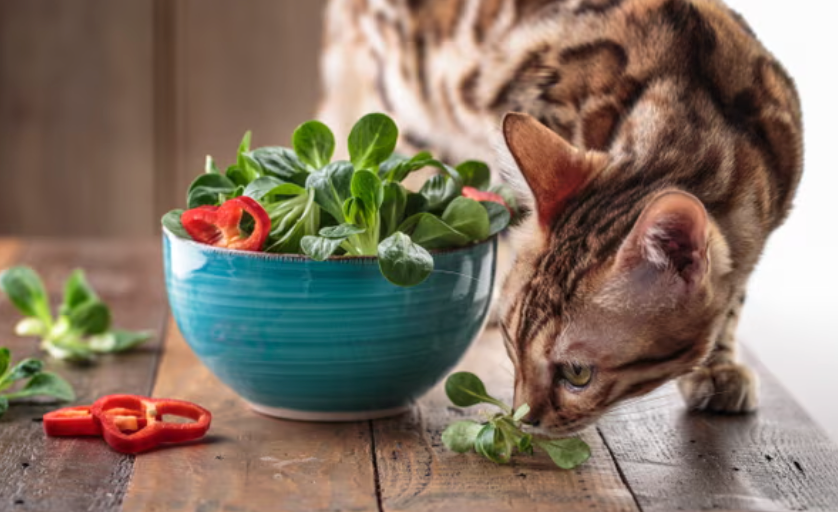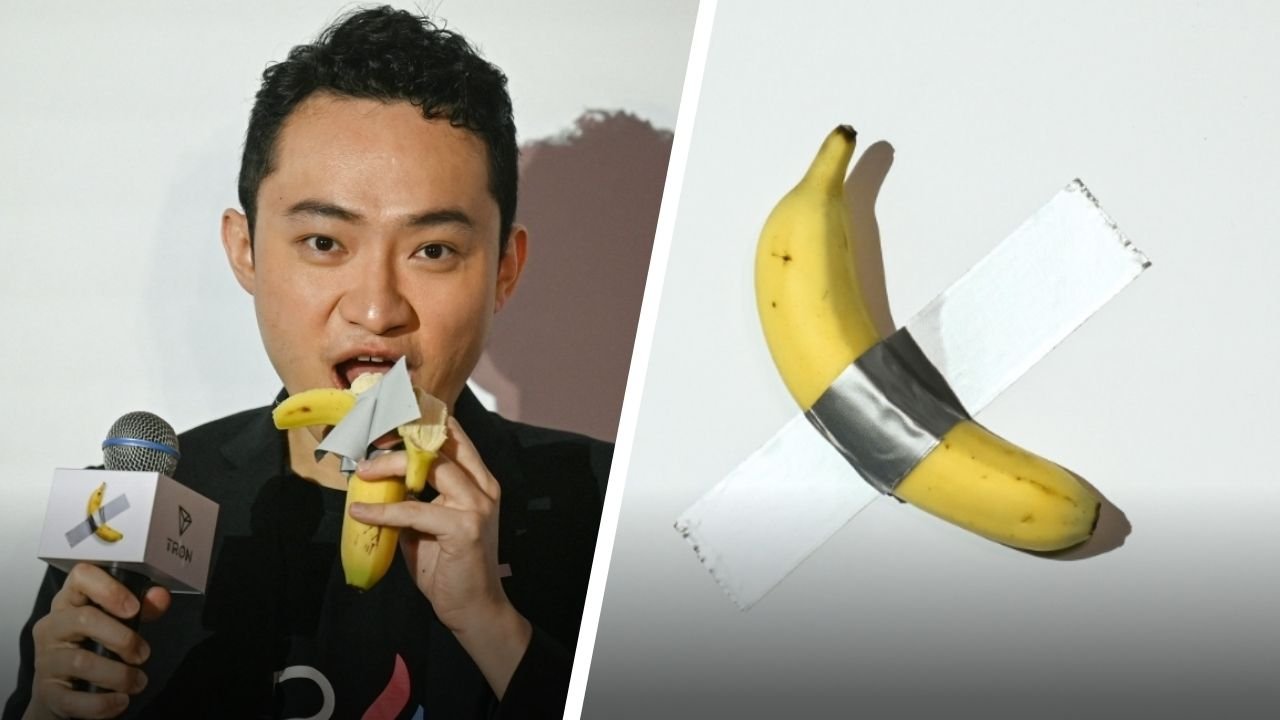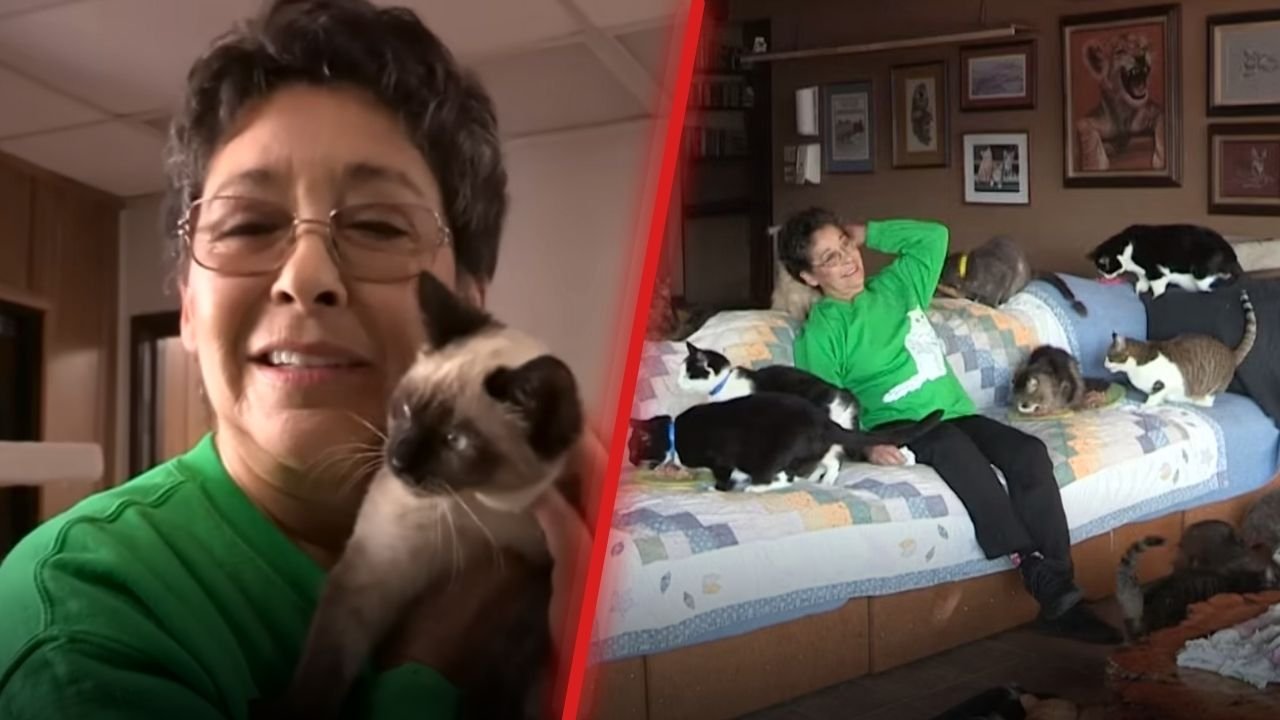Study Claims Cats on Vegan Diets ‘Have Better Health Outcomes’

A recent study has sparked renewed debate over pet nutrition, suggesting that vegan diets for cats might not only be safe but could also lead to better health outcomes.
The research, published in the peer-reviewed journal PLOS ONE, indicates that cats fed plant-based diets experience fewer vet visits, reduced medication use, and generally better health compared to their meat-eating counterparts.
The study surveyed 1,369 cat owners, revealing that approximately 9% of them fed their pets a vegan diet. According to the findings, owners of vegan-fed cats reported a lower incidence of health disorders and a decreased need for veterinary care.
Specifically, 42% of owners of cats on traditional meat-based diets reported at least one health issue, while only 37% of those feeding their cats vegan diets reported similar concerns.
Addressing Nutritional Concerns
The implications of this research are significant, considering that cats are obligate carnivores by nature, meaning they have evolved to thrive on a diet primarily consisting of meat. Essential nutrients for feline health, such as taurine, are predominantly found in animal tissues.
However, the study’s lead researcher, Professor Andrew Knight of the University of Winchester, argues that it is possible to provide these nutrients through synthetic means or plant-based sources.
“Biologically, what cats need is not meat, but a specific set of nutrients,” Knight explained. “There’s no scientific reason why you can’t supply all the necessary nutrients through plant additives.”
Knight’s research suggests that with careful formulation, vegan cat food can meet all the dietary requirements of felines.
Environmental Considerations and Vegan Pet Food
The growing interest in vegan diets for pets is partly driven by concerns about the environmental impact of pet food production.
Traditional meat-based pet foods contribute significantly to environmental degradation through resource-intensive farming practices and greenhouse gas emissions.
As such, many pet owners are exploring alternative diets that could potentially offer a more sustainable option.
However, ensuring that vegan cat food is nutritionally complete is crucial. Cats need a diet rich in protein and specific nutrients like taurine, which can be added to vegan food through supplements.
Notably, even some meat-based cat foods require supplementation due to nutrient loss during processing, highlighting the need for careful formulation in all types of cat food.
Veterinary Perspectives
The British Veterinary Association (BVA) has historically been cautious about recommending alternative diets for pets.
Justine Shotton, senior vice-president of the BVA, acknowledged the growing interest in vegan pet diets but emphasized the need for robust long-term data.
“There is increasing interest among pet owners around alternative diets for pets and while there is a lot of ongoing research into the impacts of vegan diets in particular, there has been a lack of robust data mapping the health consequences of this diet over time,” Shotton stated.
The BVA has recently established a companion animal feeding working group to review and potentially update its guidelines based on the latest research.
Until conclusive evidence is available, the association advises pet owners to consult with their veterinarians before making significant changes to their pets’ diets.
The study’s findings provide a promising perspective for pet owners interested in vegan diets for their cats.
While more research is needed to fully understand the long-term effects of plant-based diets on feline health, the preliminary data suggests that with proper nutritional planning, vegan diets can be both safe and beneficial for cats.
As the field of veterinary nutrition continues to evolve, pet owners are encouraged to stay informed and consult with veterinary professionals to ensure their pets receive optimal care.














